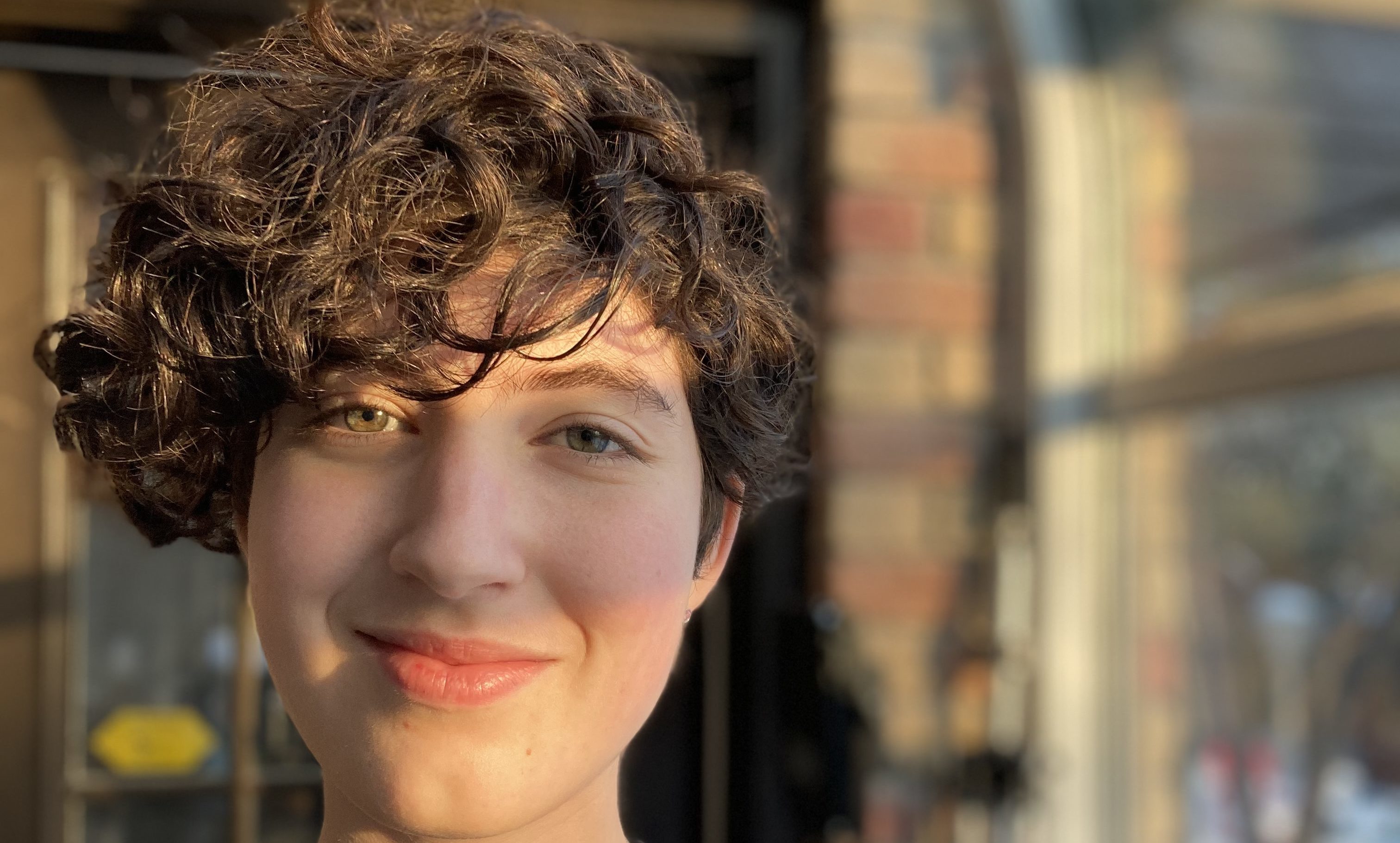During the four years that I’ve been a student in a public high school in Ottawa, the thing that has alarmed me the most is the school system’s apathy toward Jewish students. The sad truth is that antisemitism is not a priority for school boards.
I’ve learned almost nothing about anything related to Jews in my school. In my Grade 10 history class, my teacher barely covered the Holocaust outside of Canada’s role in it. Aside from a single class in which I had to explain to four non-Jewish students that the Nazis killed six million Jews in the Holocaust (a fact I had always considered basic knowledge), the role of Jews in the Second World War was seldom discussed.
Of course, this made me feel profoundly uncomfortable in that class. Because if schools aren’t committed to teaching adequately about the Holocaust, how could they even begin to expect anyone to understand the centuries of oppression that Jewish people have faced?
And if they can’t understand that, who am I supposed to go to when my English teacher plays a movie for the class (Blinded by the Light) that references several harmful Jewish stereotypes that are passed off as ‘just a joke’ and never called out as a problem?
This behaviour is especially disappointing since my school has a fairly large percentage of Jewish students. If this is the treatment that Jewish students in a school knownfor its Jewish population can expect, how can any Jewish student feel safe in a school environment?
The issue with the educational system isn’t that no one is raising concerns. Rather, when Jewish students raise these concerns, school administrations generally don’t take the time to listen.
I know of several instances of antisemitism reported by students in my school alone that were either outright dismissed or never thoroughly investigated. These reports ranged from subtle remarks on social media to swastikas drawn on school supplies.
Many of the students I’ve talked to wanted to remain anonymous, and with the current system we have when it comes to reporting antisemitic acts, it’s easy to understand why.
At a delegation to the school board regarding antisemitism earlier this year, I was interrupted during my speech. I was the only student speaking about my own experiences with antisemitism that day. Though my address went a minute or two over my allotted time, it felt bizarre to be interrupted in such a vulnerable position on a hugely important topic.
After this meeting, I was asked to see my principal. I thought he wanted to discuss ways to combat the antisemitic climate at my school. Instead, he only wanted to ensure that one of the problematic teachers I had spoken about wasn’t at my school.
Even meeting with my school board equity advisor, who’d also reached out to me, was a challenge as it took two months just for me to get a response.
What concerns me most is that none of the Jews I’ve spoken to find any of these experiences surprising. Antisemitism is so normalized within our school board that, as Jews, we have come to expect poor treatment above anything else.
Throughout my school career, I’ve only ever had one teacher who addressed antisemitism when it came up. And that experience sticks with me because I likely will never experience something like it again.
All this teacher did was explain to the class why some antisemitic remarks that were included in the previous day’s presentation were wrong, but this small gesture meant so much to me, because I had never once experienced allyship like that before.
I immediately felt relief in that class. I knew that if I ever needed to talk to that teacher again, my experiences would not be dismissed, and any concerns about antisemitism would not go unaddressed.
This experience demonstrates that we need to change the school system, because having a teacher who addresses antisemitism should not feel like a unique act. It should be something that all teachers do.
Education on antisemitism for both students and teachers has always been a necessity. Concrete actions to combat antisemitism are required because the problem isn’t that Jews aren’t speaking up, it’s that no one is listening.
As a Jewish student in public school, you come to learn a lot. You learn that your holidays aren’t going to be respected. You realize that any instances of antisemitism you bring forward have a high likelihood of going unaddressed.
You learn that as a Jew, people will take whatever steps they can not to listen to you.
Talia Freedhoff is a Hasbara Fellowships Canada High School Intern and a Grade 12 student in Ottawa.
